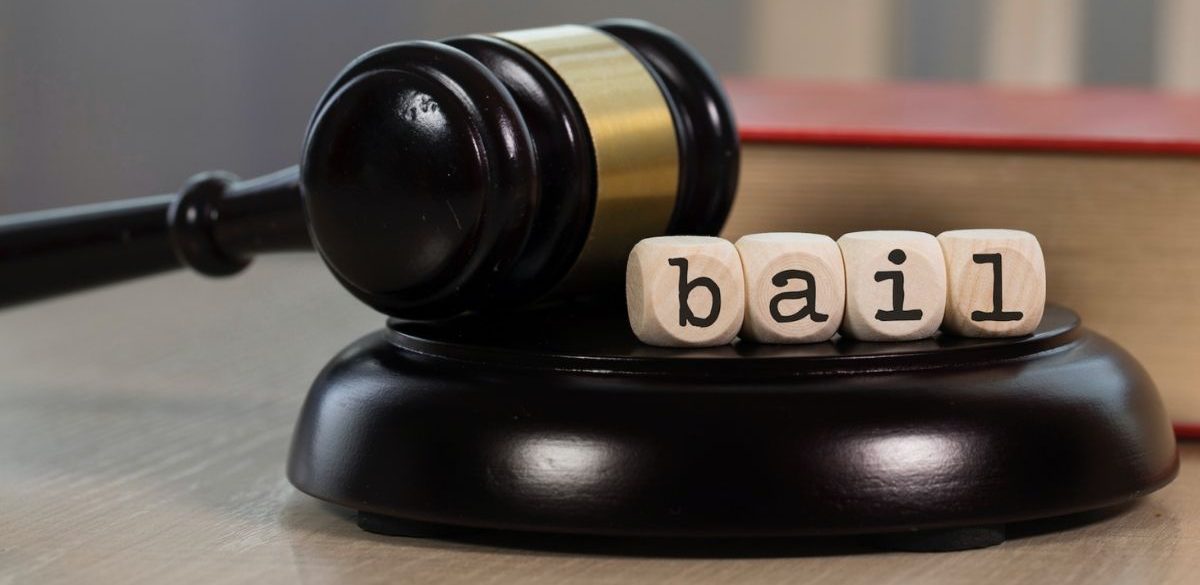- There is something seriously wrong with the existing communication channels conveying official dictums from the top echelons to the lowest levels of the judiciary on matters of importance primarily concerning ordinary citizens. As has been argued several times before, it is always preferable to grant bail rather than resorting to jail on topics that are not even remotely close to being classified as national security concerns. Scores of citizens finding in the crossroads of bureaucratic skullduggery often end up in jails which otherwise could have been avoided by following the well-established norms as per the Indian Penal Code. No less than the Supreme Court has exhorted all concerned stakeholders to uphold this motto offering relief to the already beleaguered people.

PC:
- Unfortunately, the Supreme Court’s timely reminders to police and trial courts to use the power of arrest only when necessary is not trickling down to lower levels of the law-and-order apparatus. No wonder, the cases of unlawful detentions continue unabated on the ground. Staying on the subject, in one particular case, a stone supplier booked in an FIR with 83 others seven years ago and who had cooperated with the police during investigations, was sought to be arrested only because of a vague requirement in the Criminal Procedure Code. This spoke of custody ahead of filing a charge sheet in court. The learned SC Justices hearing the case mentioned that merely because an arrest can be made because it is lawful does not mandate that arrest must be made.
- The SC Judges articulated that where the offense is not heinous, the accused have cooperated with the probe, are not likely to intimidate witnesses or abscond, there is no reason to arrest them and subject their reputation and self-esteem to incalculable harm. However, despite multiple high court verdicts on similar lines and SC’s guidelines for police and courts to follow for arrest in cognizable offenses, the trial court judges insisting on arrest as a prerequisite formality for taking charge sheets on records defeats the purpose so unambiguously elucidated. The above happenings point to a real need for better training and refresher courses for judicial officers and an even more effective method of circulating important SC judgments and statutory changes to the lower judiciary as well as police.

PC:
- As we are aware, there are still courts accepting Section 66A IT Act cases blissfully unaware of its 2015 scrapping. Most notably, there is also a 1962 ruling of the Apex Court judgment underling that criticism of the government is not sedition. But the mounting cases of sedition charges tell a different story altogether. The SC had to chastise the lower judiciary and police about this fact only go to further prove how disconnected each arm of the law-and-order machinery is working. Innocent citizens are subjected to great inconvenience and mental trauma grossly undermining individual liberties as a consequence is simply ignored. The SC has to step in now to ensure better training and refresher courses for the lower judicial officers are enforced forthwith.






